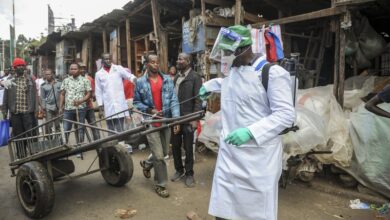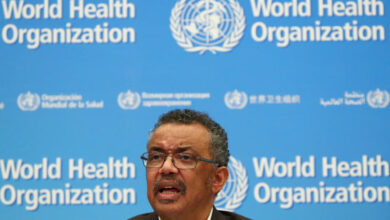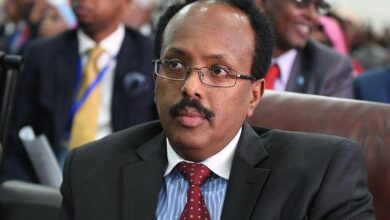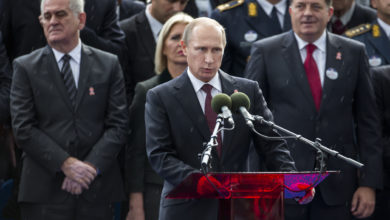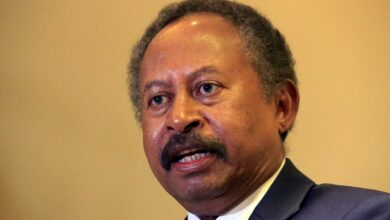World
Togo Election: Election Commission Declares President Gnassingbe As Winner
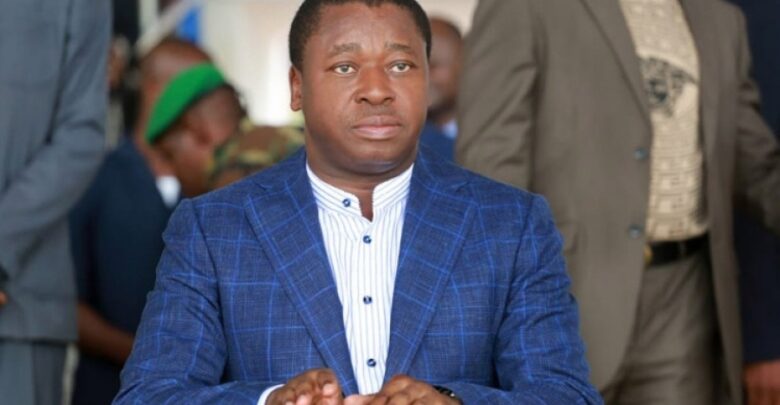
The National Electoral Commission of Togo on Monday declared President Faure Gnassingbe as the winner of Saturday’s presidential election, reported Reuters.
The electoral commission said Mr. Gnassingbe received 72 percent of the vote, while his closest rival and former Prime Minister Agbeyome Kodjo got 18 percent of the vote. Longtime opposition leader Jean-Pierre Fabre came third with just 4 percent of the vote.
“Based on all the data obtained from the local independent electoral commission and the independent embassy electoral commissions, the candidate of the Union for the Republic (UNIR) party, Mr. Gnassingbé Essozimna Faure is provisionally proclaimed elected president of the Togolese Republic,” said Kodjona Kandaga, President of the National Electoral Commission of Togo.
The Supreme Court will announce the final election results later this week.
The win, if confirmed, will extend Gnassingbe’s 15-year rule and a family dynasty that began in a 1967 coup. He took over in 2005 after the death of his father, Gnassingbé Eyadema, who ruled the West African nation for 38 years. In 2017 and 2018, Togolese authorities faced major protests demanding an end to the family’s five-decade rule.
Despite the protests, Gnassingbe led an overhaul of the constitution of Togo in May last year that allowed him to run this year and potentially remain in office until 2030.
The main opposition candidate, Kodjo, who claimed victory after Saturday votes denounced vote irregularities in the capital, Lome. He accused election authorities of setting up fake polling stations during Saturday’s election to turn the result in favor of incumbent President Gnassingbe.
He had declared his own victory as “democratically elected president” with between 57 and 61 percent of the vote.
The election authorities had banned hundreds of local observers from monitoring the presidential election and canceled the system of electronic security at the last moment. Some 300 international observers were deployed, mainly from the Economic Community of West African States (ECOWAS) and the African Union, with many African states supporting the incumbent.


